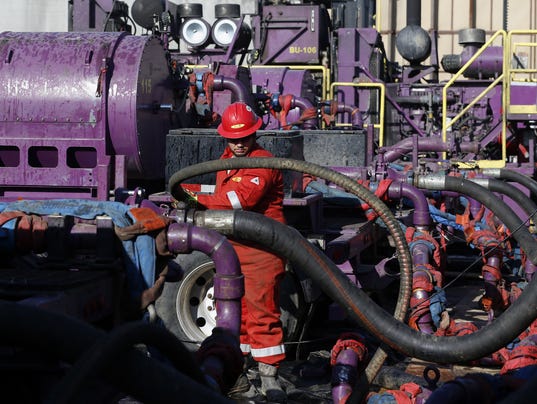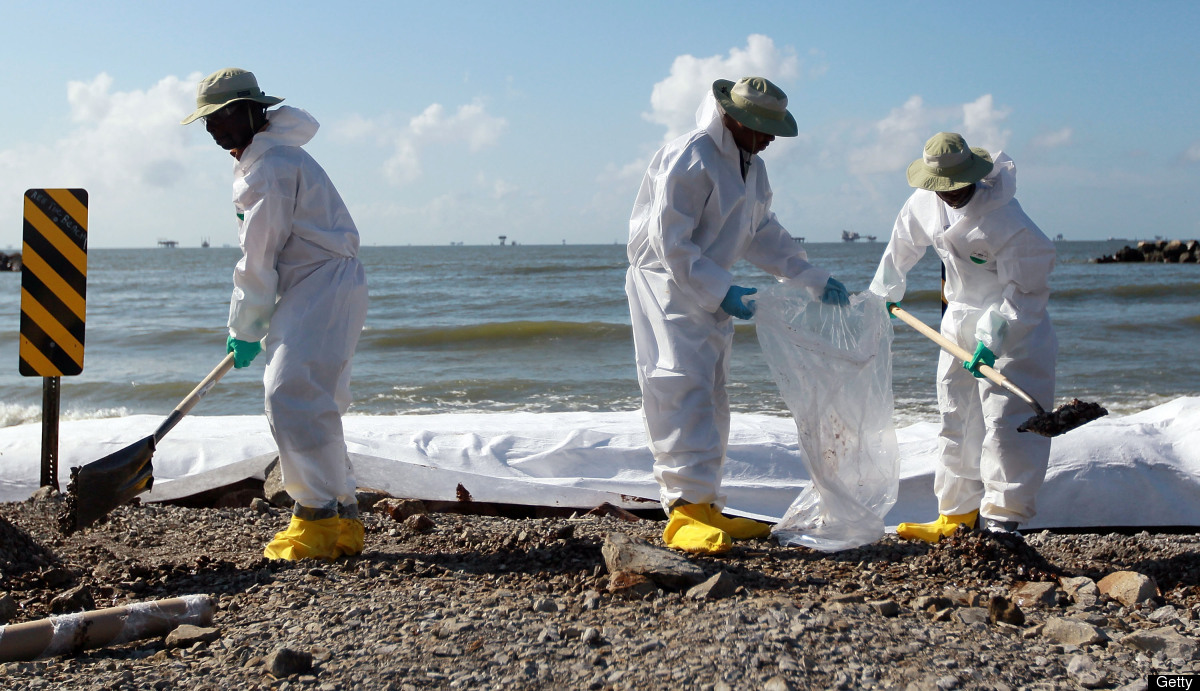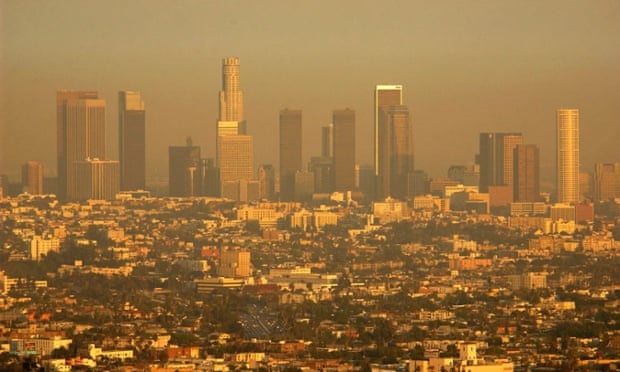 No one understands better than impacted people — residents and workers in shale country, from the Barnett Shale of Texas and the Haynesville Shale of Louisiana to the Bakken Shale of North Dakota and the Marcellus and Utica Shales in Pennsylvania, Ohio, West Virginia and beyond — the wisdom of Governor Cuomo’s historic decision today to ban fracking in New York State:
No one understands better than impacted people — residents and workers in shale country, from the Barnett Shale of Texas and the Haynesville Shale of Louisiana to the Bakken Shale of North Dakota and the Marcellus and Utica Shales in Pennsylvania, Ohio, West Virginia and beyond — the wisdom of Governor Cuomo’s historic decision today to ban fracking in New York State:
ALBANY — The Cuomo administration announced Wednesday that it would ban hydraulic fracturing in New York State, ending years of uncertainty by concluding that the controversial method of extracting gas from deep underground could contaminate the state’s air and water and pose inestimable public-health risks.
Gov. Cuomo to Ban Fracking in New York State, Citing Health Risks
Fracking is poisoning the air we breathe
 Toxic air pollution from fracking causes a wide spectrum of health problems for Americans across the country, an environmental group charged in a report released Tuesday.
Toxic air pollution from fracking causes a wide spectrum of health problems for Americans across the country, an environmental group charged in a report released Tuesday.
"The health risks from fracking are not limited to what's in our drinking water -— oil and gas operations are also poisoning the air we breathe," said senior scientist Miriam Rotkin-Ellman of the National Resources Defense Council (NRDC), which produced the report.
These 6 Countries Produce Nearly 60 Percent Of Global Carbon Dioxide Emissions
Six countries produce nearly 60 percent of global carbon dioxide emissions. China and the United States combine for more than two-fifths. The planet's future will be shaped by what these top carbon polluters do about the heat-trapping gases blamed for global warming.
How they rank, what they're doing: CHINA:
t emits nearly twice the amount of greenhouse gases as the United States, which it surpassed in 2006 as the top emitter of carbon dioxide. China accounts for about 30 percent of global emissions. U.S. government estimates show China doubling its emissions by 2040, barring major changes. Hugely reliant on fossil fuels for electricity and steel production, China until recently was reluctant to set firm targets for emissions, which continue to rise, although at a slower rate.
Oil From Deepwater Horizon Spill Is Still Trapped In Alabama Beaches, Study Finds
 A new study says oil from the Deepwater Horizon disaster is still trapped in Alabama's beaches four years later.
A new study says oil from the Deepwater Horizon disaster is still trapped in Alabama's beaches four years later.The report was released recently by Auburn University researchers who've been studying the BP oil spill since shortly after it occurred.
A team from Auburn collected oil on Alabama's coast as recently as August. The research found that oil is still trapped in the sand, mostly as tar balls.
More...
Obama to unveil new limits on ozone pollution in victory for health groups
 The Obama administration will unveil new limits on smog pollution bringing the US up to par with public health standards in other industrialised countries.
The Obama administration will unveil new limits on smog pollution bringing the US up to par with public health standards in other industrialised countries.
The Environmental Protection Agency is under a court-ordered deadline to propose new rules for ground-level ozone by 1 December. The New York Times reported that the announcement would come on Wednesday.
The new standards represent a victory for public health and environment groups which had sued the Obama administration for rejecting stricter controls for political reasons.
Fracking: The Downside of the Boom
 In early August 2013, Arlene Skurupey of Blacksburg, Va., got an animated call from the normally taciturn farmer who rents her family land in Billings County, N.D. There had been an accident at the Skurupey 1-9H oil well. “Oh, my gosh, the gold is blowing,” she said he told her. “Bakken gold.”
In early August 2013, Arlene Skurupey of Blacksburg, Va., got an animated call from the normally taciturn farmer who rents her family land in Billings County, N.D. There had been an accident at the Skurupey 1-9H oil well. “Oh, my gosh, the gold is blowing,” she said he told her. “Bakken gold.”
It was the 11th blowout since 2006 at a North Dakota well operated by Continental Resources, the most prolific producer in the booming Bakken oil patch. Spewing some 173,250 gallons of potential pollutants, the eruption, undisclosed at the time, was serious enough to bring the Oklahoma-based company’s chairman and chief executive, Harold G. Hamm, to the remote scene.
UN: World not close to avoiding dangerous warming
The world still isn't close to preventing what leaders call a dangerous level of man-made warming, a new United Nations report says. That's despite some nations' recent pledges to cut back on carbon dioxide emissions.
The report looks at the gap between what countries promise to do about carbon pollution and what scientists say needs to be done to prevent temperatures rising another two degrees. That two-degree level is a goal that world leaders set in 2009.
Are Fracking Workers Being Poisoned on the Job?
 Last week’s Republican election victories will set the stage for more stagnation in Washington, but might also grease the skids for some of the most controversial energy ventures at ground zero in the climate change debate: the long-stalled Keystone XL Pipeline project, and the booming hydraulic fracturing, or "fracking," industry. But one thing that might put the brakes on the dirty fuel rush is the mounting research evidence linking oil and gas extraction to massive health risks for workers and communities.
Last week’s Republican election victories will set the stage for more stagnation in Washington, but might also grease the skids for some of the most controversial energy ventures at ground zero in the climate change debate: the long-stalled Keystone XL Pipeline project, and the booming hydraulic fracturing, or "fracking," industry. But one thing that might put the brakes on the dirty fuel rush is the mounting research evidence linking oil and gas extraction to massive health risks for workers and communities.
A new study published in Environmental Health reveals air pollution data on major, in some cases previously underestimated, health risks from toxic contamination at gas production sites related to fracking.
Capping warming at 2 C not enough to avert disaster, climate experts warn
 Scientists, environmentalists and world leaders alike have generally agreed that capping Earth’s temperature rise at 2 degrees Celsius would prevent the worst effects of climate change — a cut-off touted again in the latest report by the Intergovernmental Panel on Climate Change (IPCC).
Scientists, environmentalists and world leaders alike have generally agreed that capping Earth’s temperature rise at 2 degrees Celsius would prevent the worst effects of climate change — a cut-off touted again in the latest report by the Intergovernmental Panel on Climate Change (IPCC).
But many experts in the field, including former IPCC leaders, have said that even if global warming is kept to that limit, such a rise could nevertheless devastate the environment and endanger humanity — the very effects that the latest study warns will happen if the 2 C ceiling is breached.
More Articles...
Page 27 of 156

 Environmental News Archive
Environmental News Archive


































